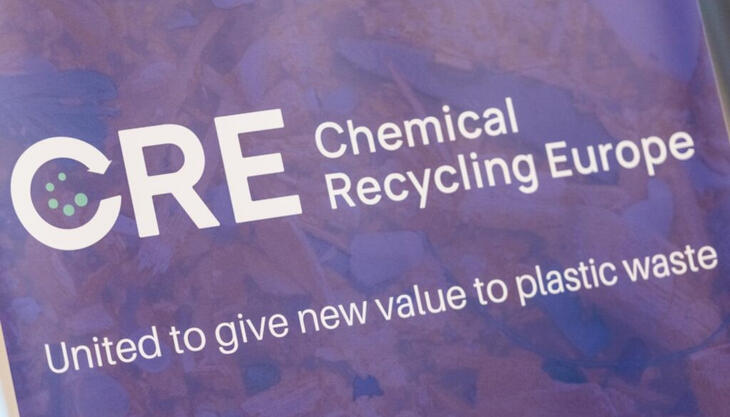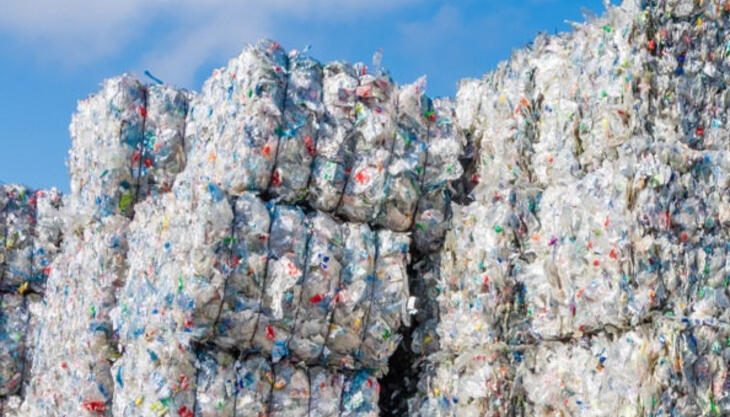German plastics industry demands a fair and neutral PPWR from the EU

GKV, German association of the plastics converters, IK, German association for plastics packaging and films, and VDMA, plastics and rubber machinery association, sent a joint message to decision-makers in the final phase of the European Packaging and Packaging Waste Regulation (PPWR). If the PPWR is to be a success for the EU economy and for climate protection - and the three associations believe it has the potential to be - then one requirement is fundamental: the same rules for everyone. This applies both to standardised regulation of the single internal market and to material-neutral requirements without special rules for plastics or exemptions for paper.
The associations need binding and enforceable guard rails across the EU. Even if it may make it easier to negotiate a compromise, the shifting of decisions to the Member States will have a negative impact on all of us. They remark the need to fight for standardised and practicable solutions at EU level. And if this is not possible on all points in the short time available, to regulate the particularly critical and far-reaching issues in a next step. After all, there can only be one circular economy in the EU, not 27 different ones.
GKV, IK, and VDMA realise that plastic as a material is unfortunately not held in high regard, even in political decisions. As an industry, they are doing everything in their power to demonstrate their transformation towards a circular economy and the sustainable performance of plastic applications. Here and now, they appeal to EU not to allow its decisions to be guided by outdated reservations or even prejudices about plastic. Cancel the ecologically unjustified material-specific special rules and exceptions to bans, reduction targets, recyclability requirements, recycled content and reuse.
For example, for years experts have been warning against the trend of replacing easily recyclable plastic packaging with paper packaging coated with plastic that is difficult to recycle. Reduction targets for plastic and exemptions regarding recyclability or the use of recyclates in paper composites in the PPWR would further encourage this undesirable trend on a massive scale. This cannot possibly be in EU interest, and associations invite it to listen to the experts.
They wish for EU creates a level playing field on which the materials convince with their respective properties in a fair competition, making recycling, resource protection, CO2 reduction and verifiable facts the rules of the game to which everyone must adhere. This has the chance to make a big difference for the EU as an economic structure and as a living space as well as for climate protection with the PPWR.
















